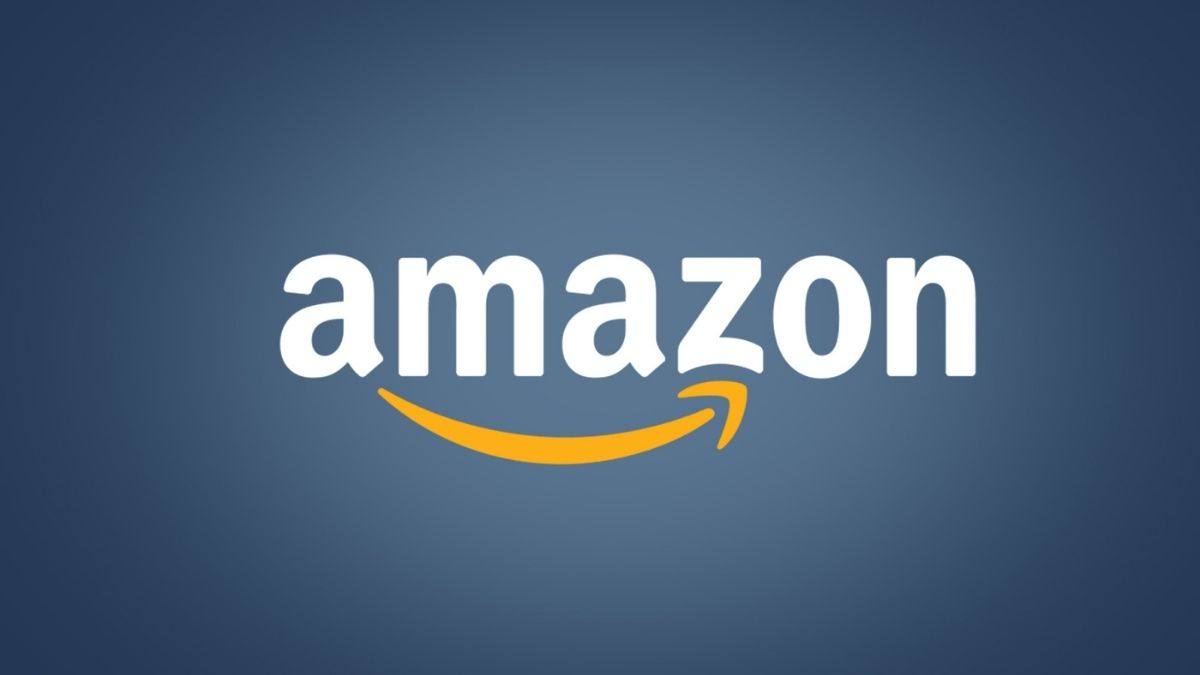Read about Amazon’s enormous network of in-house brands
Which are reportedly given preferential treatment in search rankings.

It’s no news that Amazon has a slew of in-house brands that offer anything from low-cost tech accessories to e-readers (Amazon Basics) (Kindle). However, a recent investigation by The Markup provides fresh light on just how vast this empire has become, as well as some concerning accusations regarding the advantages these businesses appear to have over third-party Amazon competitors. It’s an intriguing paper that’s definitely worth your time to read.
To begin with, determining how many brands Amazon owns necessitated The Markup consulting public information from the US Patent and Trademark Office. According to its findings, Amazon has registered or controls over 150 brands, including those that have no clear link to Amazon. But what’s more concerning is that some of these brands, as well as those who sell solely on Amazon, appear to have little problem outranking their competitors in search results despite receiving less good reviews:
“According to the Markup, Amazon ranked Happy Belly Cinnamon Crunch cereal at number one, with four stars and 1,010 reviews, ahead of cereals with better and more reviews, such as Cap’n Crunch (five stars, 14,069 reviews), Honey Bunches of Oats (five stars, 5,205 reviews), and Honey Nut Cheerios (five stars, 5,205 reviews)” (five stars, 11,702 reviews). A vacuum cleaner from Amazon’s Noisz brand came out on top, beating out models from Bissell, Eureka, and Hoover, which had better ratings and more reviews. And Skechers’ Amazon-exclusive Concept 3 sneaker came in first, four positions ahead of a similar but not Amazon-exclusive Skechers sneaker with the same star rating but 77 times more reviews.”
According to one former Amazon employee contacted by The Markup, the company’s staff have employed a practice known as “search seeding” to give its own items an advantage over competitors in the past. Although JT Meng, a former employee, said that the practice had ceased by the time he left, he claimed that workers could successfully clone a competitor’s search ranking to give Amazon’s items a boost when they first launched:
“Meng worked on the introduction of Amazon Elements baby wipes, which he said were competing with Huggies, Pampers, and other brands.
His staff had to cease marketing the Amazon Elements wipes since sales rose so rapidly, he added, so they didn’t steal too much market share.
”
This isn’t the first time we’ve heard claims about how Amazon’s own brands compete with third-party merchants on its platform (for example, check The Wall Street Journal’s April article). Markup’s research, on the other hand, is remarkable for the vast number of goods examined, as well as the empirical data obtained regarding Amazon’s ranks. The whole study, as well as the other papers included in the Amazon bundle, are definitely worth reading.


